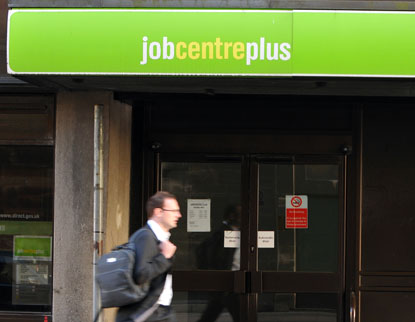By Richard Johnstone | 15 December 2014
Capping household benefits at £26,000 a year has encouraged some people to move into work, but savings have been small, a study has found.

An analysis by the Department for Work and Pensions, published today following a peer review by the Institute for Fiscal Studies, found those affected by the cap were more likely to go into work than those who fall just below this level.
According to the figures about 27,000 families – or less than 1% of working-age families receiving Housing Benefit – had payments capped once the policy was fully rolled out in late 2013. In total, their benefit income reduced by a total of about £100m a year.
However, those affected by the cap were more likely to move towards claiming Working Tax Credit once it was in place, the research found.
Overall, claimants with benefit income exceeding the impending cap level in the May 2012 cohort – who received warning of the cap and support in dealing with it – were 1.5 percentage points more likely to move into receiving the tax credit within a year, compared to counterparts just below the cap.
This was over and above any gap expected because of differences such as the number of children that they have.
The difference grew to 4.7 percentage points for the May 2013 cohort, after implementation of the cap, even though it has not existed for earlier May 2010 and May 2011 cohorts.
The IFS’s examination of the figures compiled by the DWP said this suggested these differences provided a reasonable sense of the likely effect of the cap.
‘To the extent that additional moves onto WTC are an accurate indicator of moves into work, these estimates suggest that around 2,000 families who were claiming benefits in May 2013 had someone move into paid work 12 months later in response to the cap,’ it stated.
However, the think-tank added the caveat that starting a WTC claim was not the same thing as moving into paid work. Some people may move into work but not work enough hours to be entitled to WTC or not take up the WTC to which they become entitled. On the other hand, some might start a WTC claim when they were in work all along, perhaps because claiming this entitlement is a relatively easy way of exempting oneself from the benefit cap.
Publishing the figures, Work and Pensions Secretary Iain Duncan Smith said this was evidence showing the government’s welfare reforms were encouraging people into work.
‘By putting an end to runaway benefit claims and introducing a system which guarantees you will always be better off in work, we are incentivising people to find employment.
‘Every month hundreds of people who have been affected by the cap are making the positive move into work – gaining the financial security and esteem that comes with a job and a pay packet.’




















